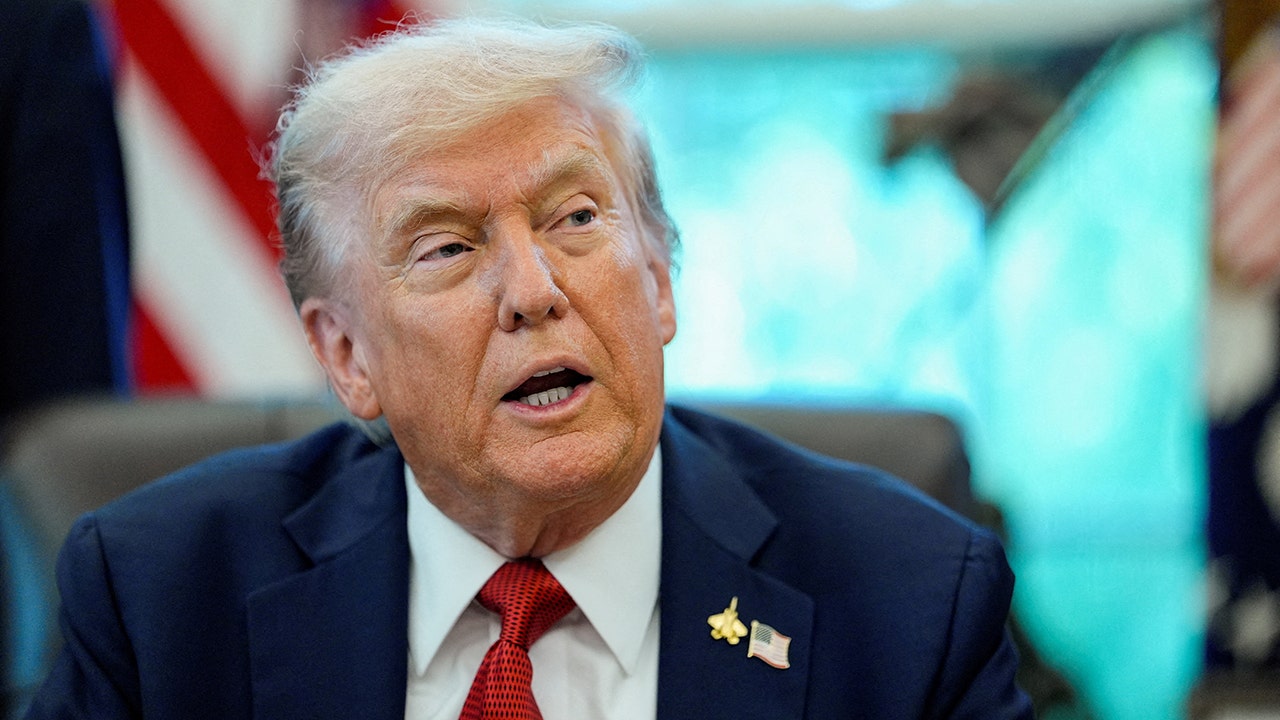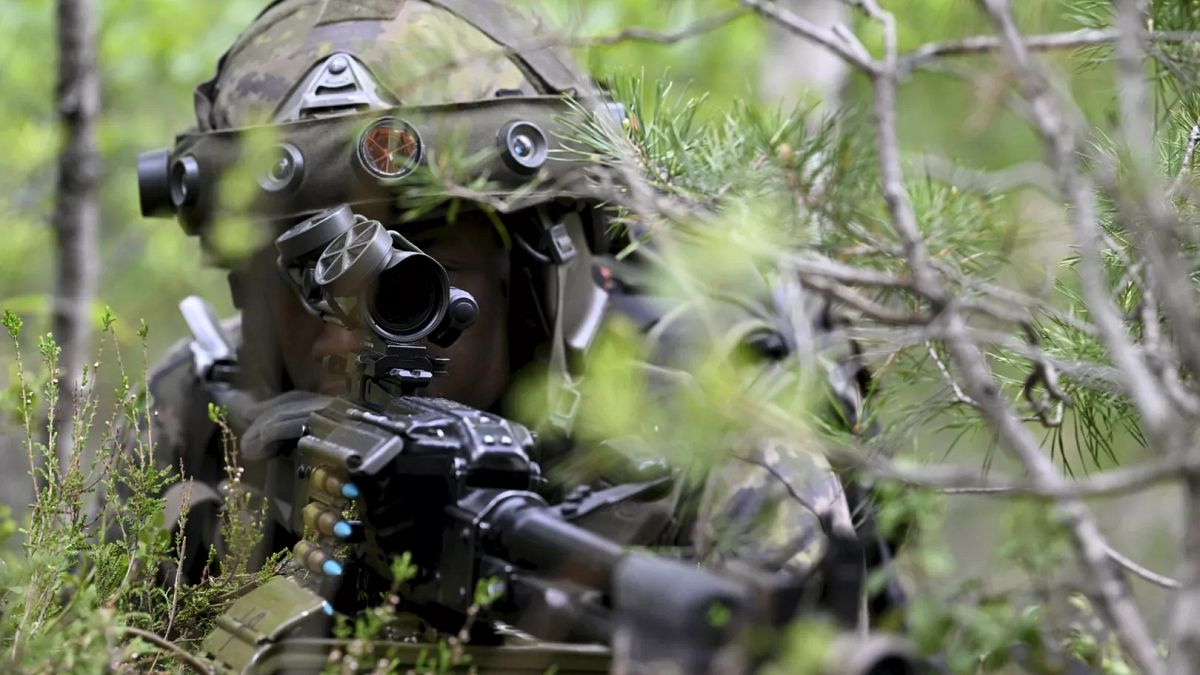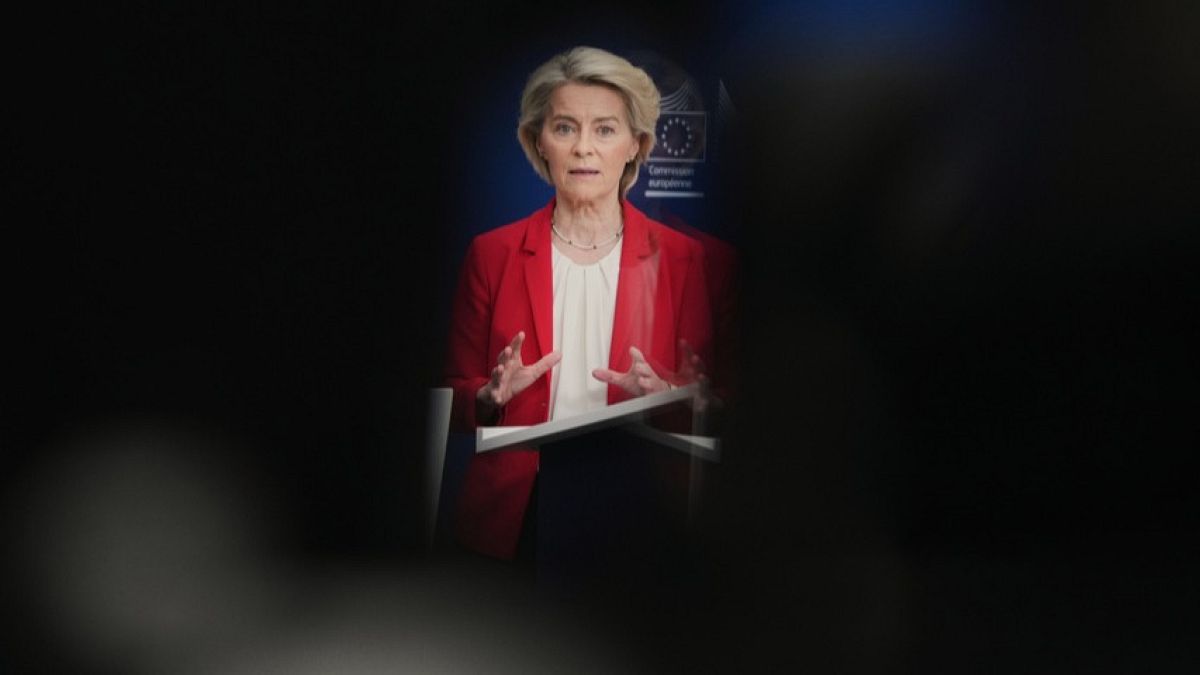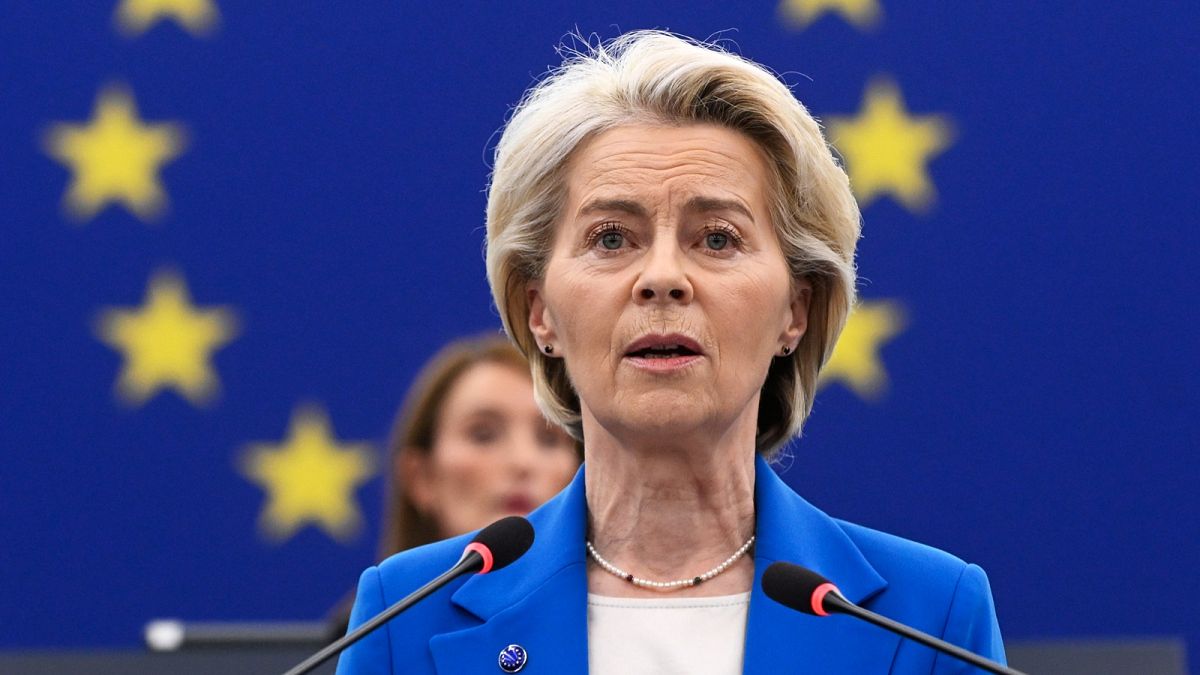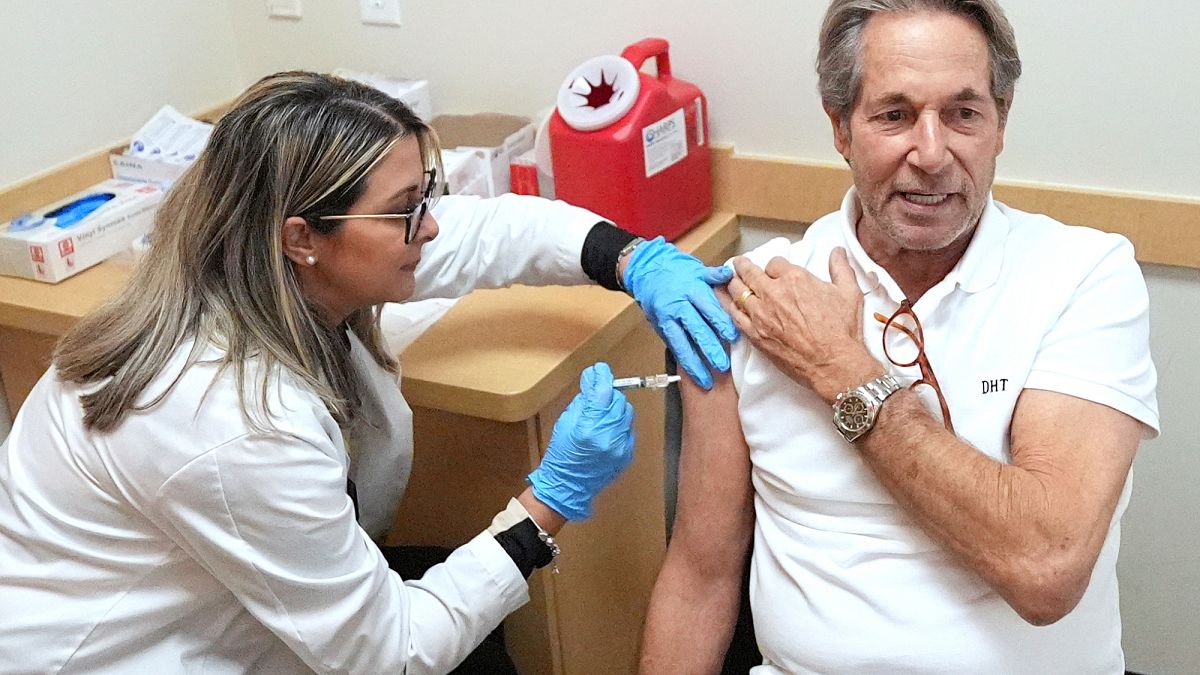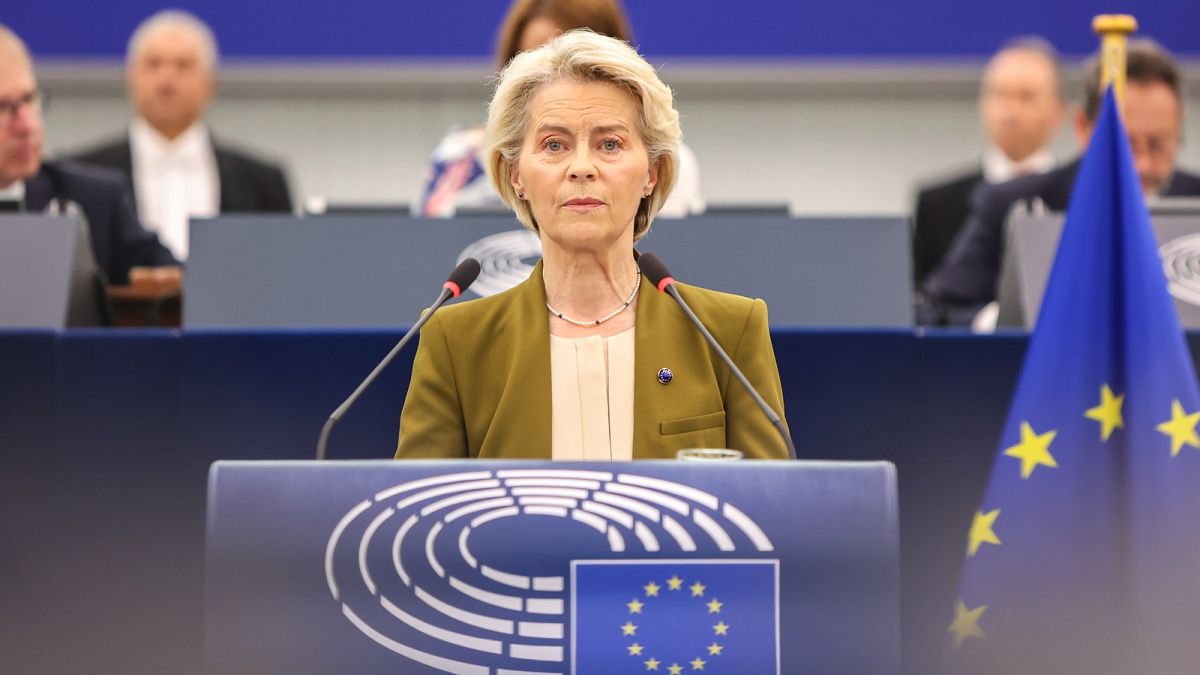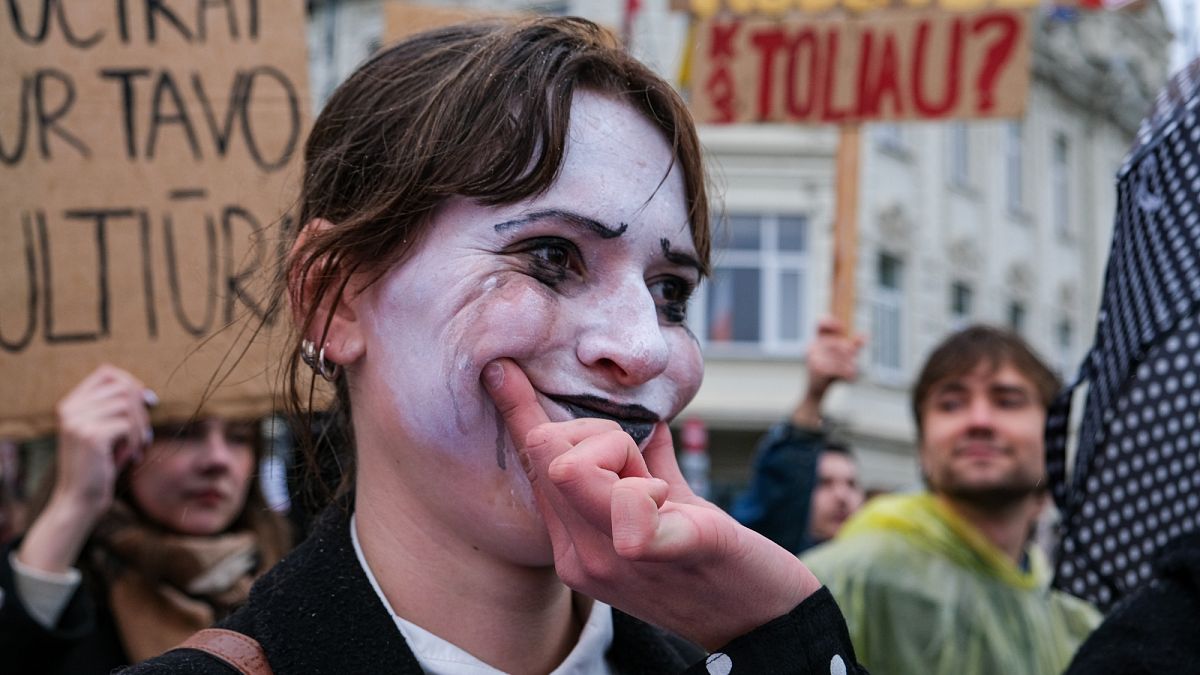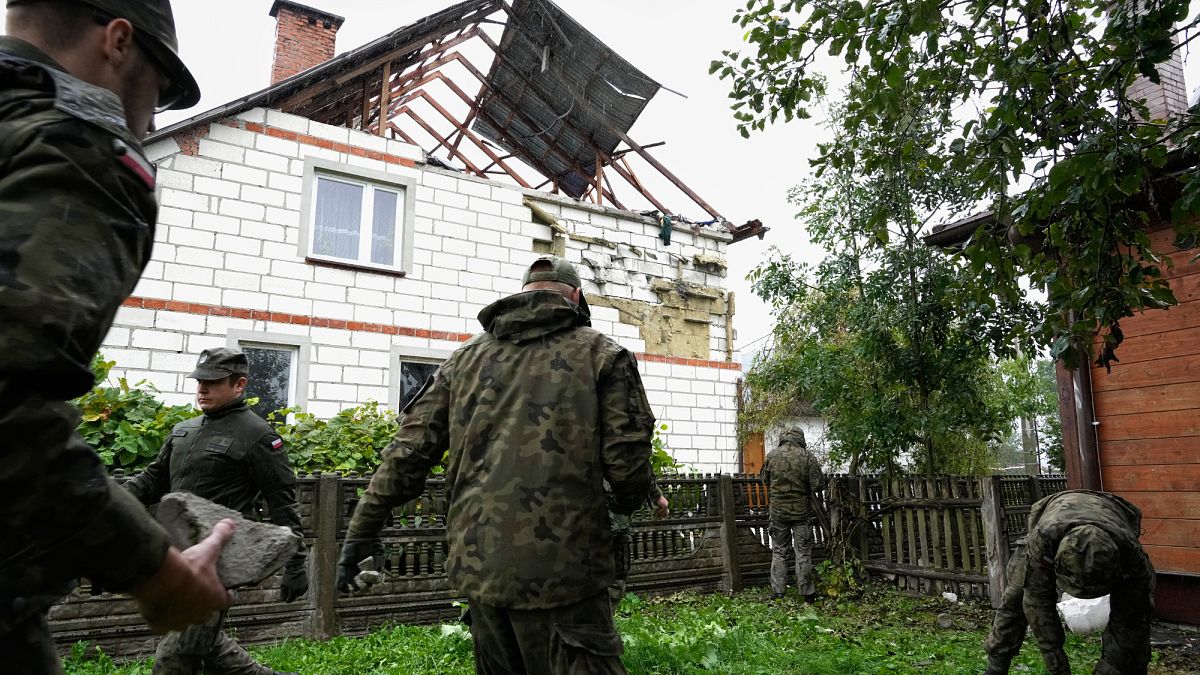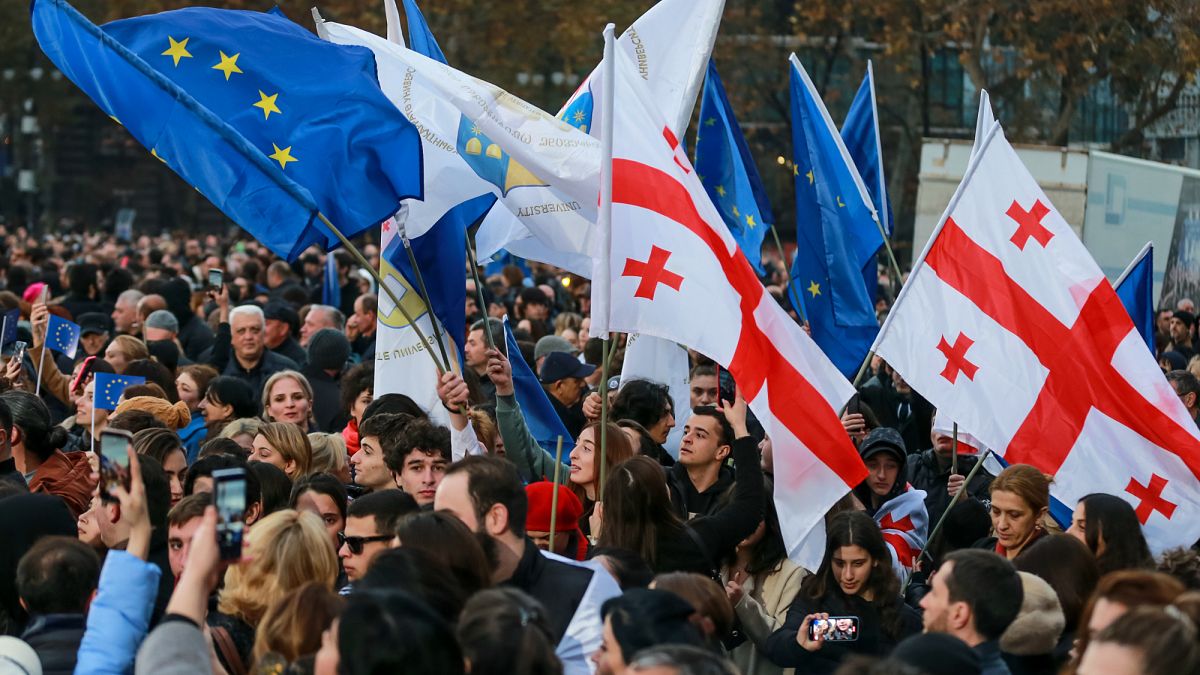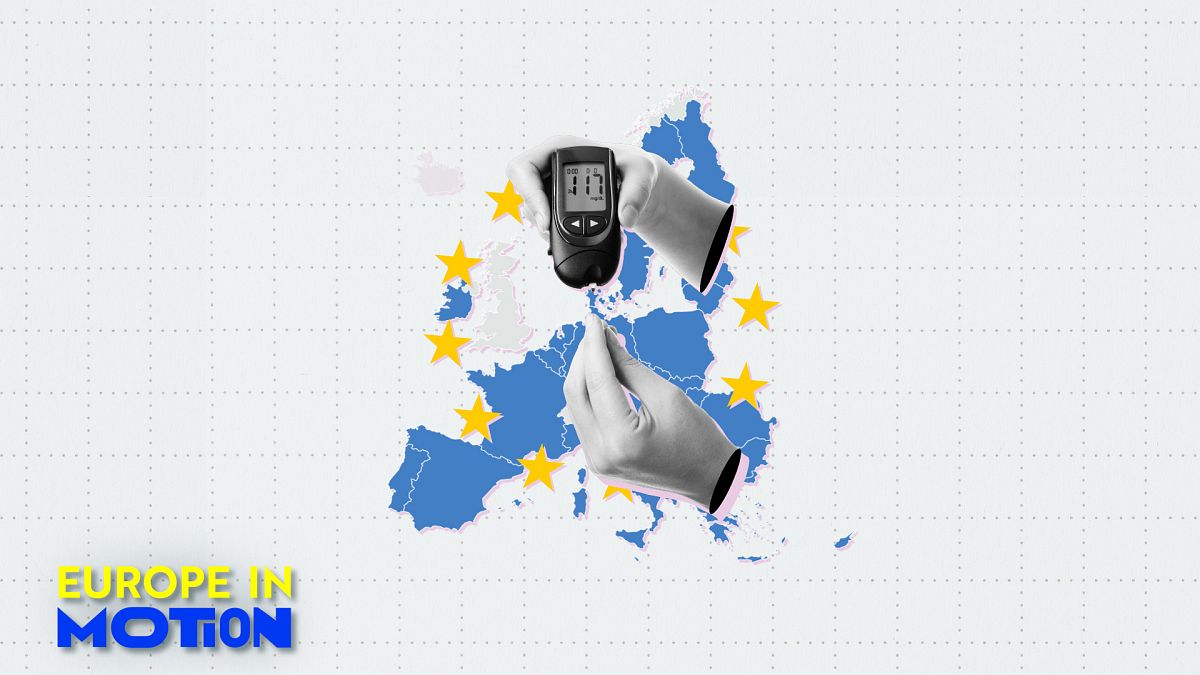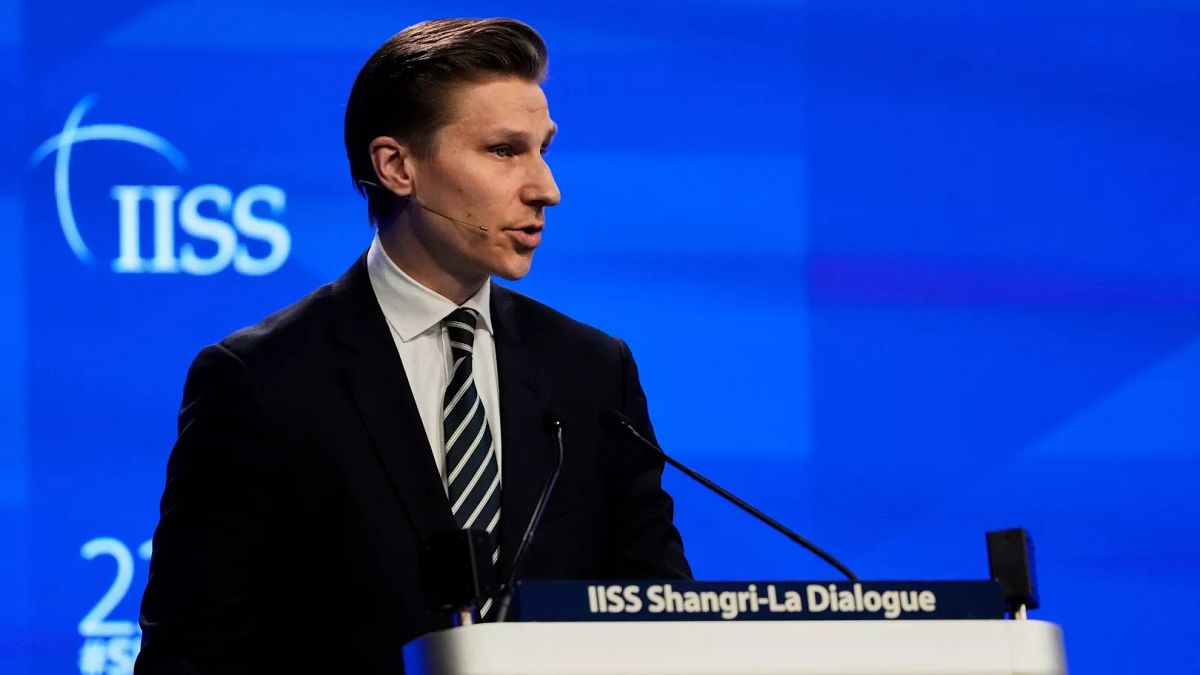ADVERTISEMENT
Defence is currently a hot topic in Europe: from airspace violations in EU countries to the threat of Russia’s all-out war in Ukraine crossing the country’s borders into neighbouring countries, how Europe defends itself and how much it should spend to do so is the subject of heated debate.
Countries might do well to take a leaf out of Finland’s playbook, a country that has adopted an all-encompassing defence policy involving the public and private sectors, NGOs, government, households and the military.
Combined, they stand ready to defend Finland, one of NATO’s newest member states, should it ever come under attack.
The concept of spreading the responsibility for defence across all levels of society is designed to deliver the best possible chance for the vital functions of the state to function in the face of extreme adversity.
“Our national defence and ability to act by our own in all the circumstances,” is our number one tool, Finland’s Defence Minister, Antti Häkkänen, told Euronews during a roundtable discussion in Helsinki.
Finnish history has also informed this defence model. The Soviet Union invaded Finland in 1939, seizing territory but never managing to capture the whole country. Finland has a 1350-kilometre border with Russia, the longest in NATO territory.
While Europe scrambles to ramp up its defences amid a range of ongoing hybrid threats, Finland has been prepared for war for decades.
Defence capabilities
Finland has a system of mandatory military service in which all men starting from the age of 18 are required to serve for 165, 255, or 347 days, depending on their role.
Women can voluntarily sign up to serve.
Unlike most European countries, Finland never suspended conscription during peacetime, and military experts believe retaining this has been an essential factor for young Finns to fully grasp the theory behind the defence model.
At the Santahamina army training garrison, conscripts Väyrynen and Holmström, who preferred to give their first names only, said they’d considered volunteering in a combat or peacekeeping mission to protect their country if it came under attack.
They also said they would potentially join a mission to defend NATO territory take part in the so-called coalition of the willing in Ukraine, a group of 33 countries which have pledged strengthened support for Ukraine against aggression from Russia.
“If there was a new war, I’d probably think about it at least. There might be a possibility that I might go, especially if it’s something that can keep up the peace here, like keep up the peace of our people and other NATO countries,” Väyrynen said.
“I don’t know if I’d go to Ukraine yet because I haven’t finished my conscription but I think that if there would be a war that I also think would benefit peace in Europe and Finland especially, then if the need would be and I would be called then I would go,” Holmström added.
Taking cover
In the event of an emergency, Finland has a network of more than 50,000 underground shelters that can accommodate everyone in the country of 5.6 million.
In the capital Helsinki, which has a population of around 700,000, provision has been made for 900,000 people to seek shelter. The shelters are located in various places, from business and commercial centres to residential neighbourhoods and metro systems.
“We have had this idea that we need to protect our citizens. We need to protect the civilians which is within our DNA, but the public interest on our civil defence system has been rocketing,” civil defence instructor Tomi Rask told Euronews at the Merihaka civil defence shelter in downtown Helsinki.
Households also play their part. Every home in Finland is required to have an emergency stockpile of food, fuel and water for each individual for 72 hours in the case of an attack.
The 72-hour window means help and assistance can be prioritised for those who are particularly vulnerable or in danger. It also gives state agencies a sufficient window to concentrate on investigating and responding to the offence.
The Martha Association is an NGO that helps communities by teaching them how to prepare for and survive in an emergency.
“We reach out to people to try to help everybody to take care of their own households in the best possible, way so that in a situation of crisis they might be able to survive for the first three days and rely on themselves,” Terhi Lindqvist from the Martha Association said.
“It also builds resilience in a society, if you train yourself to be prepared to look after yourself for 72 hours.”

